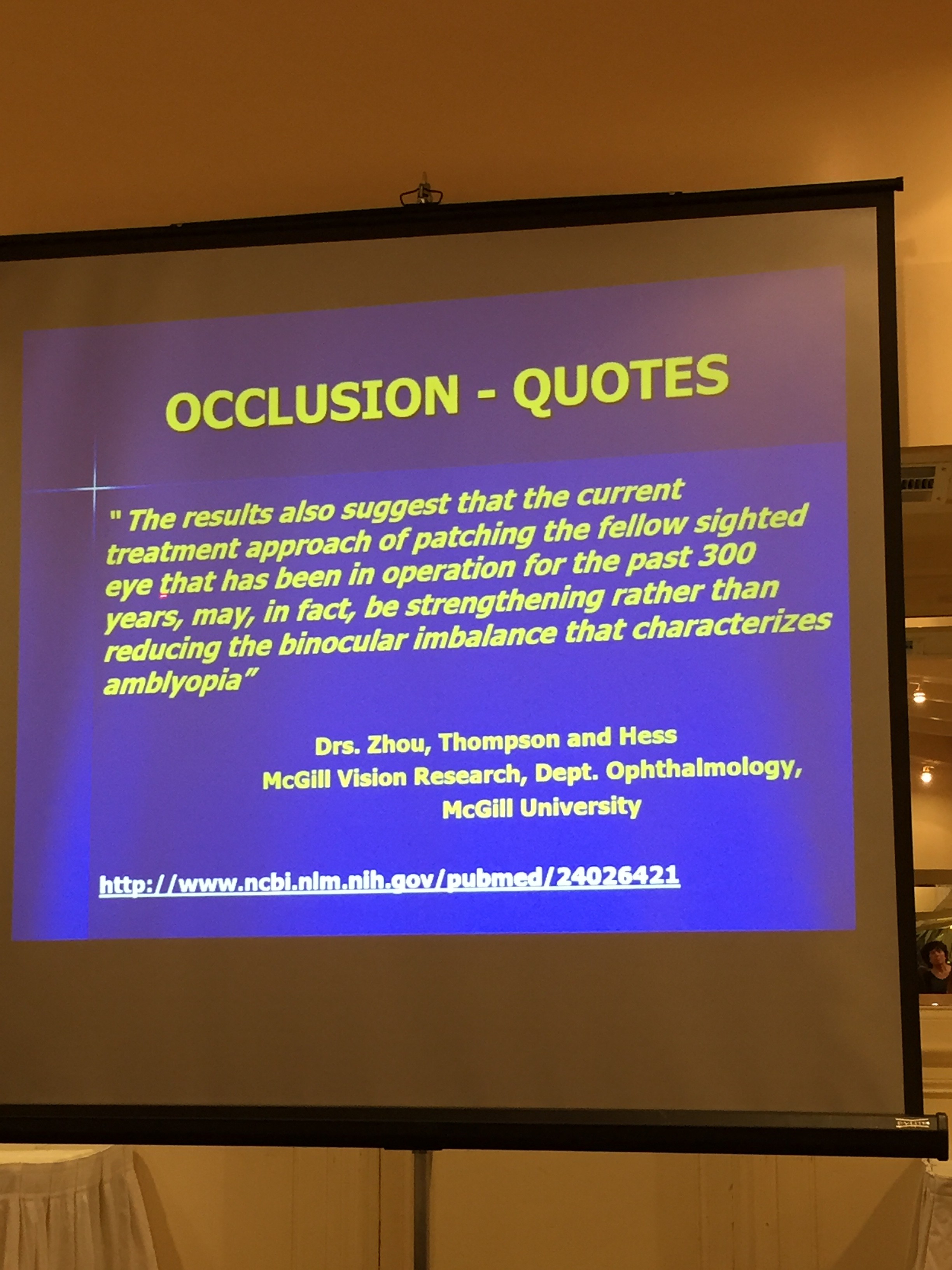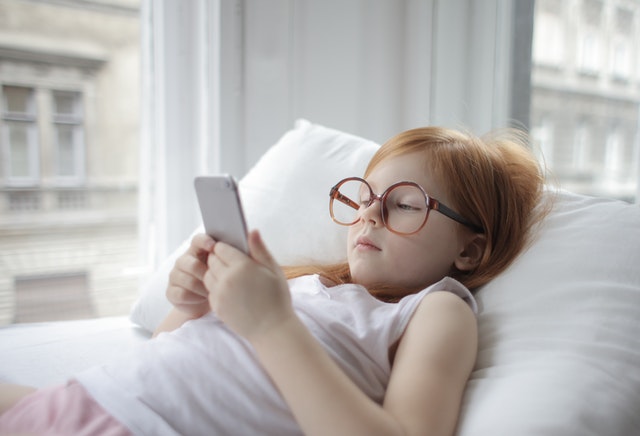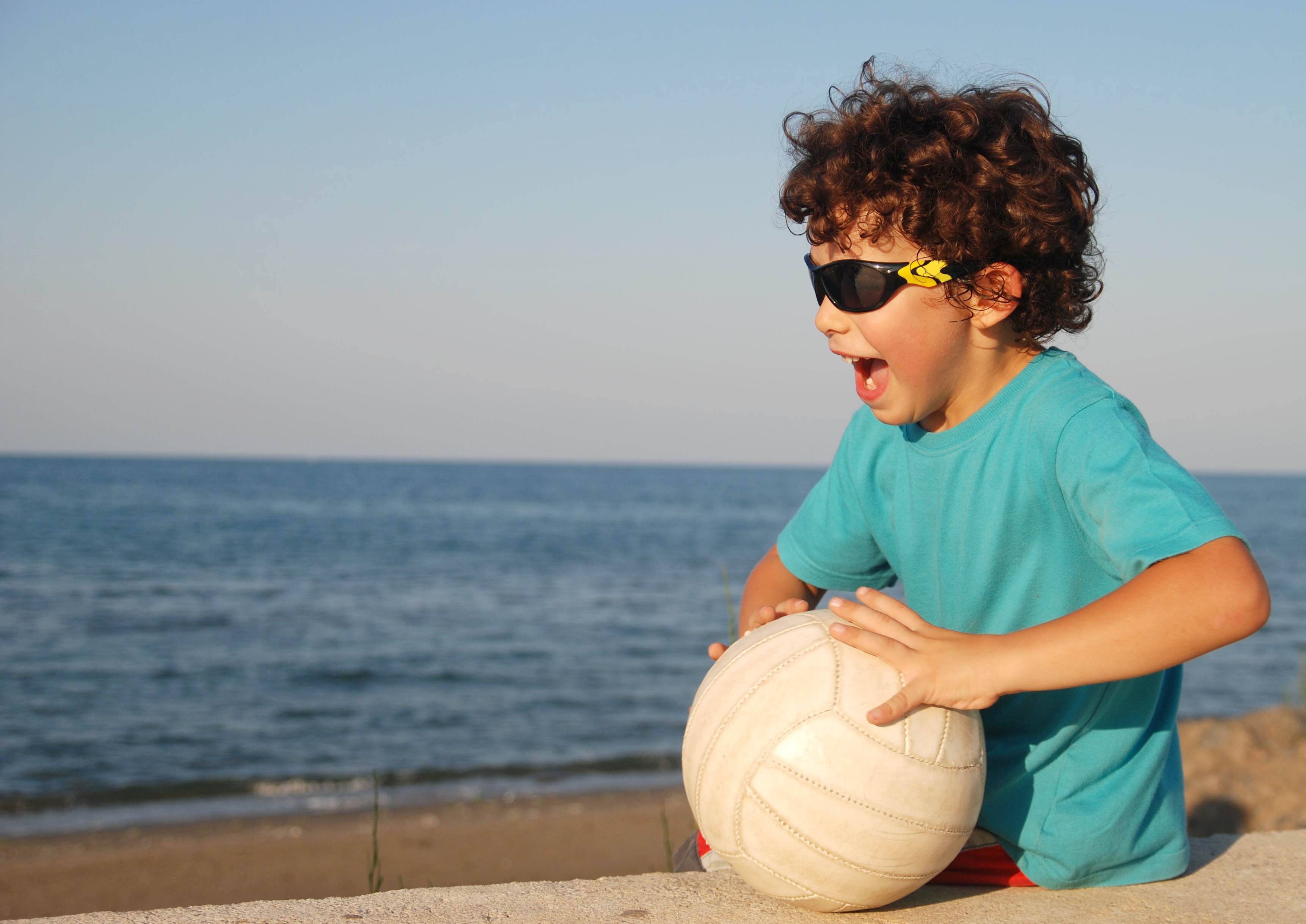Screen Addiction is Taking a Toll on Children
I see lots of kids in the exam room being handed a parent’s cellphone to entertain themselves when they should be observing the world around them, interacting with caregivers, and learning how to behave in public. Parents are just grateful to keep them calm, but are unaware of the potential harm from so much time spent in the virtual world.
Before age 2, children should not be exposed to any electronic media. Young children learn best by interacting with people, not screens. Older children and teenagers should spend no more than 1-2 hours per day with entertainment media, and should spend more free time playing outdoors, reading, doing hobbies, and using their imagination in free play. (Recommendations from the American Academy of Pediatrics)
“[Kids] need time to daydream, deal with anxieties, process their thoughts and share them with parents, who can provide reassurance” – Dr. Steiner-Adair. “We’re [..] giving them distractions rather than teaching them how to self-soothe, to calm themselves down”
Read more on the NY Times blog:
http://well.blogs.nytimes.com/2015/07/06/screen-addiction-is-taking-a-toll-on-children/





